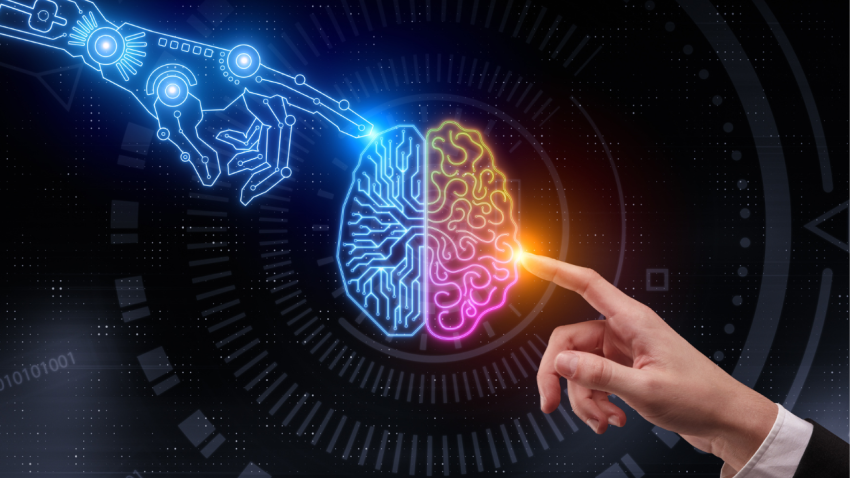In the realm of science and technology, few concepts are as simultaneously exhilarating and daunting as the Singularity. This term, popularized by futurist Ray Kurzweil, refers to a point in time when artificial intelligence (AI) will surpass human intelligence, fundamentally transforming civilization. As we stand on the cusp of unprecedented technological advancements, it is crucial to explore what the Singularity is, its potential timeline, and the far-reaching impacts it could have on our social and economic fabric.
What is the Singularity?
The Singularity is a hypothetical moment in the future when technological growth becomes uncontrollable and irreversible, resulting in unforeseeable changes to human civilization. The core of this concept lies in the creation of superintelligent AI, which by definition, is an artificial intelligence that surpasses the cognitive performance of humans in all domains, including creativity, general wisdom, and problem-solving.
Predicting the Timeline
Predicting the arrival of the Singularity is a subject of much debate among scientists and technologists. Kurzweil, one of the most vocal proponents of the Singularity, has predicted that this event could occur by 2045. However, this forecast varies widely among experts, with some suggesting later dates and others questioning whether it will happen at all. The uncertainty stems from the complexities involved in creating AI that not only mimics but exceeds human intelligence.
Impact on Human Intelligence and Society
- Enhancement of Human Capabilities: The Singularity could lead to the augmentation of human intelligence through brain-computer interfaces, potentially unlocking new levels of cognition and creativity.
- Economic Transformations: The automation of jobs, already in progress, could accelerate, leading to significant shifts in labor markets. While some jobs will be rendered obsolete, new categories of work could emerge, focusing on overseeing and complementing AI capabilities.
- Ethical and Existential Questions: The rise of superintelligent AI poses profound ethical dilemmas. The management of such intelligence, its alignment with human values, and the prevention of catastrophic scenarios will be paramount concerns.
- Healthcare Revolution: With AI surpassing human intelligence, we could witness groundbreaking advancements in medical research and personalized medicine, potentially eradicating diseases and extending human lifespan.
- Educational Paradigms: The traditional educational system might undergo a radical transformation, focusing more on developing emotional intelligence, creativity, and adaptability in a world where factual knowledge is readily accessible through AI.
The Singularity could herald a new economic era. The potential for AI to drive unparalleled productivity could lead to significant wealth generation. However, this may also exacerbate income inequality and necessitate a rethinking of economic structures, possibly leading to the adoption of models like Universal Basic Income (UBI).
On a social level, the Singularity could redefine our understanding of humanity. The integration of AI in daily life might change how we perceive identity, privacy, and community. Moreover, the potential for AI to influence decision-making processes, from governance to personal choices, raises critical questions about autonomy and the role of humans in a superintelligent world.
Existential Threats and Human Impact:
As we delve into the transformative potential of the Singularity, it is crucial to address the existential threats and profound impacts it may have on humanity. The advent of superintelligent AI, while a pinnacle of technological achievement, brings with it a Pandora’s box of challenges that could reshape our very existence.
Uncontrolled AI Development
One of the most significant existential threats is the possibility of AI evolving beyond human control. An AI that rapidly improves itself without human oversight could lead to scenarios where its goals diverge dangerously from human values and interests. This misalignment could have catastrophic consequences, from economic collapse to more dire, existential risks.
Loss of Human Identity and Purpose
The Singularity might also challenge the core of what it means to be human. As machines take over intellectual tasks, humans might struggle with a loss of purpose and identity. In a world where AI surpasses human intelligence in all domains, the unique value and role of human cognition could be fundamentally questioned.
Socio-Economic Disruption
The displacement of jobs by AI and automation could lead to severe economic inequalities. While new types of jobs may emerge, the transition could be tumultuous, with significant portions of the population finding their skills and experience obsolete. This disruption could lead to social unrest, political instability, and a reevaluation of the economic structures that underpin society.
Ethical and Moral Dilemmas
The Singularity will also force humanity to confront complex ethical dilemmas. Decisions made by superintelligent AI could be difficult to understand or predict, raising questions about responsibility and accountability. Furthermore, the use of AI in critical areas like military, law enforcement, and governance poses significant moral challenges.
Dependency and Vulnerability
An over-reliance on AI systems could make society vulnerable to new forms of threats, such as sophisticated cyber attacks, AI-driven misinformation campaigns, or systemic failures in critical AI-dependent infrastructure. This dependency could create fragility in systems that are essential for the functioning of modern society.
Conclusion
The Singularity, a concept once confined to the realms of science fiction, is now a tangible prospect that demands serious consideration. Its potential to revolutionize every aspect of our lives is both an opportunity and a challenge. While a testament to human ingenuity, it also presents profound existential challenges that require careful consideration and proactive planning. It is imperative that we develop robust ethical frameworks, effective governance structures, and resilient societal systems to navigate these uncharted waters. The future of humanity may well depend on our ability to anticipate and mitigate the risks associated with a world where AI surpasses human intelligence. As we stand on the brink of this technological revolution, our responsibility extends beyond creation to stewardship – ensuring that the path to and beyond the Singularity is aligned with the continued flourishing and well-being of humanity.
